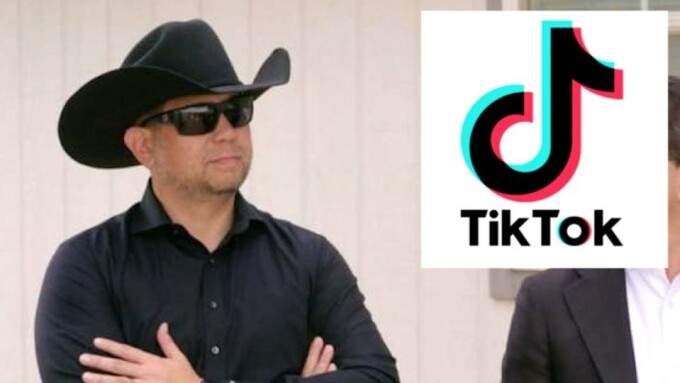SALT LAKE CITY — Utah Attorney General Sean Reyes filed a lawsuit in state court Monday alleging that TikTok’s feature TikTok LIVE operates “like a virtual strip club.”
Although TikTok famously has the most extensive anti-sex policies of all online platforms — explicitly banning “sexual services, sexual products, sexual activity, sexually explicit content, sexually suggestive content, nudity and body exposure and dating and live chat” — Reyes’ lawsuit alleges that the platform’s livestreaming feature could be used to target minors through monetary “gifts” and also emojis.
Although TikTok does not allow users under 18 to host livestreams, the complaint also states that minors are “encouraged by adults to engage in ‘illicit acts’ on camera in exchange for payments from other users,” CNN reported.
Reyes is also specifically targeting TikTok’s age verification and enforcement measures, which he deems “insufficient.”
The complaint alleges that TikTok has known since before December 2023 about supposed “pervasive issues with transactional sexual content occurring during LIVE sessions.”
A TikTok rep told CNN that the company utilizes “industry-leading policies and measures to help protect the safety and well-being of teens.”
“Creators must be at least 18 years old before they can go LIVE, and their account must meet a follower requirement,” the rep noted. “We immediately revoke access to features if we find accounts that do not meet our age requirements.”
Reyes previously filed another lawsuit against TikTok in Utah, accusing the platform of harming minors’ mental health.
Main Image: Utah AG Sean Reyes appearing in the paranormal investigation show “The Secret of Skinwalker Ranch,” (2023) (Photo: History Channel)







